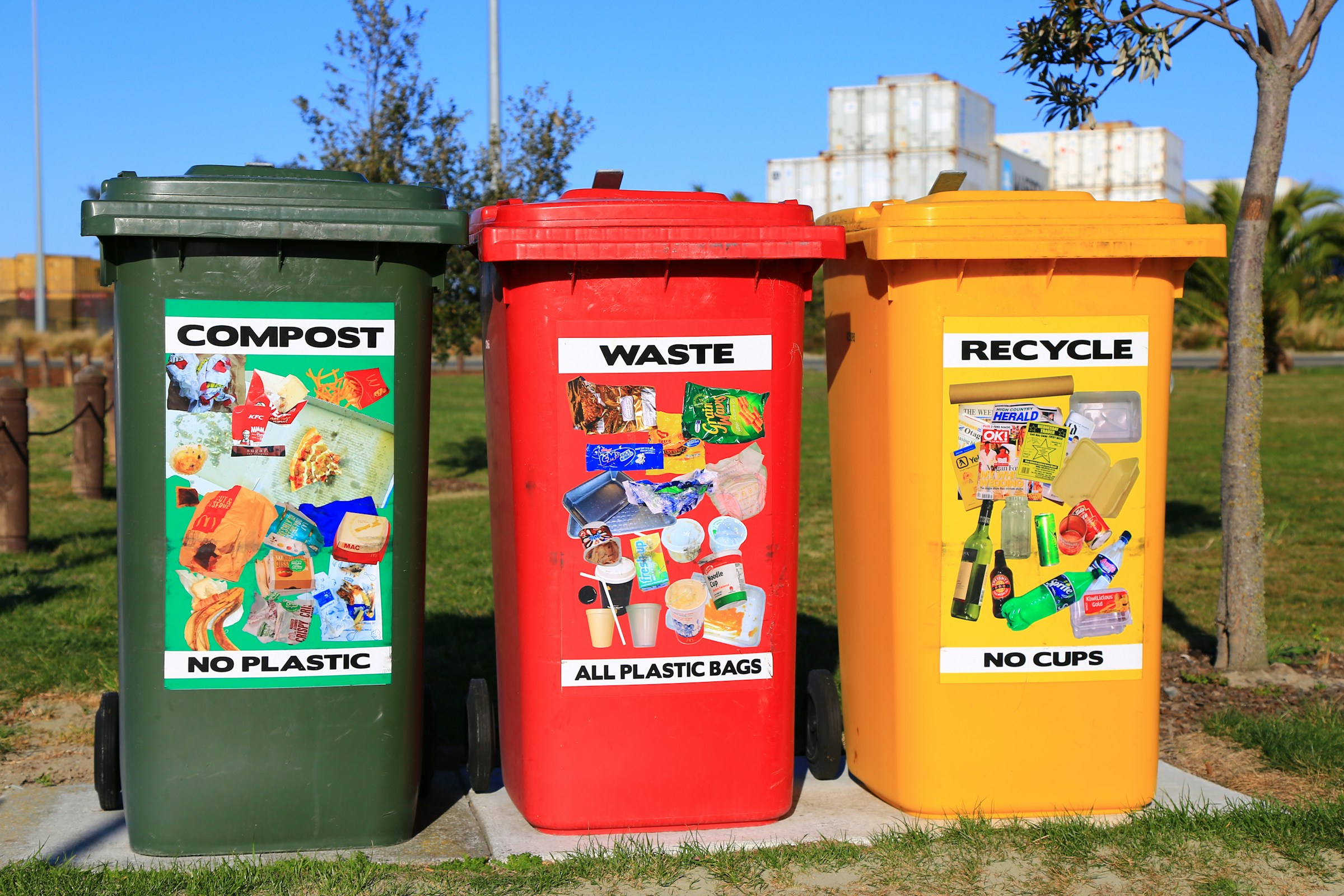Navigating the labyrinth of environmental regulations can be a daunting task for any business, especially a startup with limited resources. However, as a recycling startup, compliance with these regulations not only ensures your legal standing but also strengthens your commitment to sustainable practices. This article provides a detailed guide on how to comply with UK waste management regulations and the role played by various stakeholders from businesses to regulatory bodies in shaping a sustainable future.
Recognizing the Importance of Waste Management
Waste management plays a pivotal role in safeguarding the environment. It involves the collection, transportation, and disposal of waste materials generated by human activity. For recycling businesses, this also includes the sorting and processing of waste into reusable materials. The importance of these activities cannot be overstated, as they contribute to the reduction of pollution, conservation of resources, and protection of public health.
In the same genre : How to set up a UK-based telehealth platform and comply with medical data regulations?
In the UK, waste management practices are governed by numerous environmental regulations. These laws dictate how businesses should handle their waste, from packaging to disposal. Non-compliance can result in hefty fines, legal proceedings, and irreparable reputation damage. For a recycling startup, understanding these laws and ensuring compliance is crucial.
The first step to compliance is understanding the legal requirements regarding waste management. The UK government provides ample resources to guide businesses through these regulations. Regular consultations with legal experts or environmental consultancies can also help to keep businesses updated about any changes in waste management laws.
Also read : How to navigate the UK’s financial reporting requirements for a new social media marketing agency?
Adhering to Waste Disposal and Recycling Regulations
Waste disposal is a critical part of waste management. The UK has stringent regulations regarding waste disposal to prevent environmental damage and health risks. The Environmental Protection Act 1990 and the Waste (England and Wales) Regulations 2011 are two principal legislation that dictate how wastes should be disposed.
As a recycling startup, utmost care must be taken to ensure that waste disposal practices are in line with these laws. This includes segregating wastes based on their type, disposing of them at approved facilities, and maintaining proper records of waste disposal activities.
Recycling is another area where compliance with regulations is essential. The Packaging and Packaging Waste Directive, for instance, mandates businesses to recycle certain percentages of their packaging waste. Non-compliance with these regulations can result in penalties and legal action.
Investing in Sustainable Business Practices
Sustainable business practices are rapidly becoming non-negotiable across various industries, with recycling companies leading the charge. In the context of waste management, sustainability involves practices that reduce the negative environmental impact of waste and promote the reuse and recycling of materials.
Investing in sustainable practices will not only help your recycling startup comply with waste management regulations but also enhance your brand reputation, customer loyalty, and overall business performance. Such practices include reducing the amount of waste generated, increasing the efficiency of recycling processes, and promoting the use of recycled materials.
Engaging with Regulatory Services
Engaging with regulatory services is another important step towards ensuring compliance with UK waste management laws. Regulatory bodies such as the Environment Agency and local councils offer various services to help businesses understand and comply with waste management regulations.
These services include providing guidance on legal requirements, issuing waste management licenses, and conducting inspections to ensure compliance. Regularly interacting with these bodies and availing of their services can help your recycling startup stay on the right side of the law.
Implementing Effective Waste Management Systems
Implementation of effective waste management systems is perhaps the most practical way to ensure compliance with waste management regulations. Such systems enable businesses to efficiently manage their waste from generation to disposal, ensuring that all activities comply with legal requirements.
For a recycling startup, this may involve implementing systems for waste segregation, collection, recycling, and disposal. These systems should be designed taking into consideration the unique needs of the business and the legal requirements pertaining to each waste management activity.
Remember, compliance with waste management regulations is not just about avoiding penalties but also about contributing to the protection of our environment. By integrating the principles of waste management into your startup’s operations, you are not only ensuring your business’s legal standing but also strengthening your commitment to sustainable practices.
Establishing a Comprehensive Business Plan
A business plan is an important element for any startup, and a recycling startup is no exception. A comprehensive business plan should include a detailed understanding of waste management regulations and how your business will comply with them. This not only helps in securing investments but also serves as a roadmap for the operation of the business.
In terms of waste management, your business plan should outline the types of waste your startup will handle, including hazardous waste if applicable. It should provide details on how the waste will be collected, transported, and disposed of, in accordance with the environmental regulations.
Moreover, your plan should also address how your startup will implement waste reduction strategies. This could be achieved through adopting technologies or practices that minimize waste generation in the first place. Also consider how you can contribute to revolutionizing CSR waste strategies, by engaging customers and suppliers in your sustainable waste management practices.
Remember, a robust business plan is not just about financial projections and marketing strategies. It should also reflect your commitment to environmental protection and sustainable practices. By including details about how you plan to adhere to waste management regulations, you can show potential investors that you are not only serious about your business, but also about your social and environmental responsibilities.
Incorporating Ongoing Training and Development
Ongoing training and development is crucial in the recycling business. This is because waste management regulations are constantly evolving to meet changing environmental challenges. Therefore, it is critical for your startup to stay updated with the latest developments in these regulations.
Training should not only cover regulatory compliance but also focus on the safe and efficient handling of waste. This includes training on waste collection, waste disposal, and the handling of hazardous waste. Employees should also be trained on how to handle emergency situations, like a waste spill, in a way that minimizes environmental impact.
Given the importance of compliance with waste management regulations, consider bringing in experts who can provide detailed and up-to-date training to your team. This will not only ensure that your startup remains compliant, but also promote a culture of sustainable waste management within your organization.
In addition, encouraging staff to undertake continuous professional development in areas such as sustainable waste management practices and environmental impact assessment can greatly enhance your startup’s capacity to comply with waste management regulations.
In conclusion, establishing a recycling startup in the UK involves a comprehensive understanding of waste management regulations. Ensuring compliance with these regulations is not just about legal standing, it is also about demonstrating a commitment to sustainable waste solutions and minimizing the environmental impact of waste.
To ensure compliance, a recycling startup needs to implement effective waste management systems, engage with regulatory services, and invest in sustainable business practices. Furthermore, having a robust business plan and incorporating ongoing training and development can greatly assist in navigating the complexities of waste management regulations.
In this journey towards sustainable waste solutions, every step taken to comply with waste management practices contributes to the larger goal of environmental conservation and sustainable development. For a recycling startup, this not only presents a business opportunity but also a chance to play a pivotal role in shaping a greener future.











